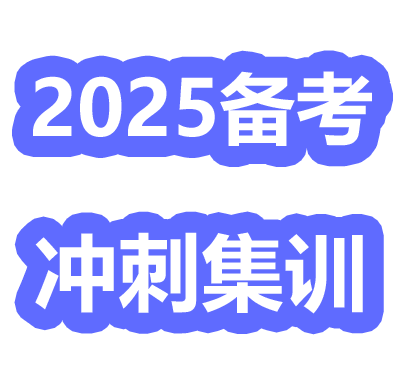
考研人數逐年增加,競爭之激烈使得我們不得不加急復習的日程。眾所周知,閱讀理解占據了考研英語二100分試卷的一半分值,而考研英語閱讀文章大多來自英美國家的主流報刊雜志,所以如果能在日常就多多閱讀這些文章,對以后讀懂文章做對題目來說會大有裨益。
學習步驟如下:
1.不看漢語譯文自己看一遍短文做理解
2.看漢語譯文比對自己理解的意思與之出入
3.強化記憶重點單詞(以記憶其漢語意思為主)
文段一
Their thesis—that a relatively modest intervention could have a big impact—was based on the view that first-generation students may be most lacking not in potential but in practical knowledge about how to deal with the issues that face most college students. They cite past research by several authors to show that this is the gap that must be narrowed to close the achievement gap.
短文翻譯
他們的論文——些許的外在干涉就極有可能產生很大的影響——是基于如下觀點的:”初代”大學生最欠缺的不是潛力,而是在如何處理大多數學生面對問題的實際能力上。他們引用了大量學者的研究,顯示出必須縮小這種差距來消除成就差距。
重點單詞
relatively [?rel?t?vli]
adv.相當程度上; 相當地; 相對地
intervention [??nt??ven?n]
n.干涉; 干預
potential [p??ten?l]
adj.潛在的; 可能的;
n.可能性; 潛在性; 潛力;
practical [?pr?kt?kl]
adj.實際的; 真實的; 客觀存在的;
issue [???u?]
n.重要議題; 爭論的問題; (有關某事的) 問題;
文段 II
Many first-generation students “struggle to navigate the middle-class culture of higher education, learn the ‘rules of the game,’ and take advantage of college resources,” they write. And this becomes more of a problem when colleges don’t talk about the class advantages and disadvantages of different groups of students. “Because US colleges and universities seldom acknowledge how social class can affect students’ educational experiences, many first-generation students lack sight about why they are struggling and do not understand how students ‘like them’ can improve.”
短文翻譯
他們寫道許多“初代”大學生‘盡力在高等教育的中產階級文化中暢游’,學習‘游戲規則’,并利用大學資源”。但當大學再關注不同學生群體階級優劣的時候,這就凸顯成為一個大問題。“因為美國各大高校很少承認社會階層對教育經歷的影響,所以許多‘初代’大學生不了解他們掙扎的原因,也不知道‘像他們’一樣的學生如何才能提升。”
重點單詞
navigate [?n?v?ɡe?t]
v.導航; 確定(船、飛機、汽車等)的位置和方向; 航行; 航海; 橫渡; 找到正確方法(對付困難復雜的情況);
middle-class
adj.中產階級的; 中等收入階層的;
take advantage of
利用;
resource [r??s??s?z]
n.資源; 財力;
acknowledge [?k?n?l?d?]
v.承認(屬實); 承認(權威、地位);





